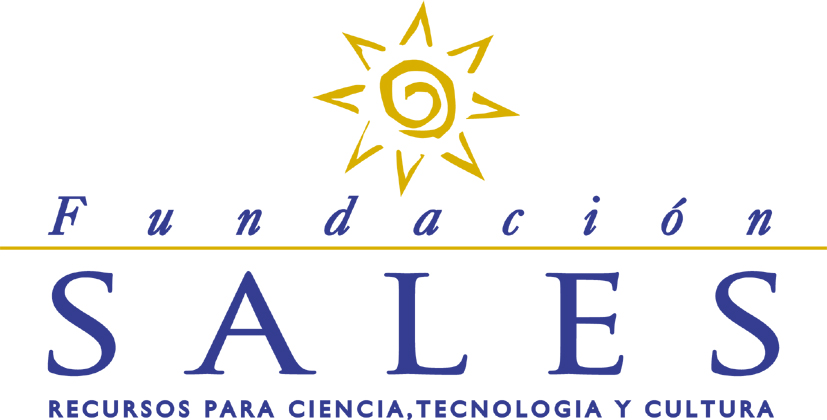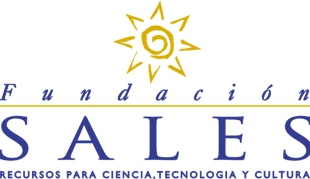
Program Details
Therapeutic Vaccine Against Cancer
Dr. Jose Mordoh – disciple of the Nobel Prize winners François Jacob (France) and Luis F.Leloir (Argentina) – directs a research team that is developing a vaccine against cancer. The vaccines are therapeutic, not preventive, because they act only on cancer patients. They’ve been doing clinical tests on patients for more than 10 years.
We have began the final clinical stage, namely a Phase II-III clinical test, of an anti-tumour vaccine, on 108 patients with melanoma, the most serious skin cancer: 72 patients will receive it and 36 will take the Alpha Interferon, the only moderately effective medicine against that disease. If the vaccine surpassed in effectiveness to the Interferon, the food and drug authority (ANMAT) will approve it as a medicine and will allow the team to advance in other vaccines against other kinds of cancer.
The therapeutic vaccine against melanoma developed in Argentina, exploited a unique strategy. That’s the reason why it was patented. The innovative approach that Dr. Mordoh uses relies on increasing the immune response on the tumor site. It’s also about complementing the vaccine with chemotherapy and monoclonal antibodies. The strategy develops as follows:
1) The vaccine is produced from 4 different melanoma cell lines – grown in their own laboratory – that express all the melanoma antigens known so far. An antigen is a molecule (sugar or protein) that is part of the tumorlike cell that is recognized by our immune system and therefore activates its response. The tumors then become visible to our T-lymphocytes only throughout antigens; without them there’s no immune response.
2) In order to boost the immune system, these vaccines are administered in combination with a carefully selected amount of molgramostin (GM-CSF), a cytokine that attracts dendritic cells to the vaccination site. These cells – discovered by Prof. Ralph Steinman (Rockefeller University, NY) – have the ability to trigger immune response. Besides, BCG is also used as adjuvant.
The combination of the previously mentioned factors represents, so far, an original strategy in anti-tumor vaccines. In previous Phases, the scientists achieved that 70% of all the vaccinated melanoma patients, could be free of disease up to 5 years post-surgery.
Parallel to this, Dr. Mordoh’s advances with another vaccine that uses dendritic cells of the vaccinated patient, with melanoma cell lines. These tumor cells are rendered harmless by irradiation, and that way they help immune response. This particular vaccine was made with the collaboration of the Prof. Steinman’s Laboratory mentioned above, and was administered to 16 patients in a Phase I test.
During the clinical tests, the vaccine manufacturing is strictlly controlled and are made in a Vaccine Preparation Unit under GMP (GMP: Good Manufacturing Practices).
During last September, Dr. Mordoh assisted a Congress of Tumor Vaccines, "Cancer Immunology and Immunotherapy 2008: From Discovery to Development to Drug", organized by the Cancer Research Institute in New York. During this meeting it was stressed the ability of the immune response to fight cancer likewise the use of therapeutic vaccines.

